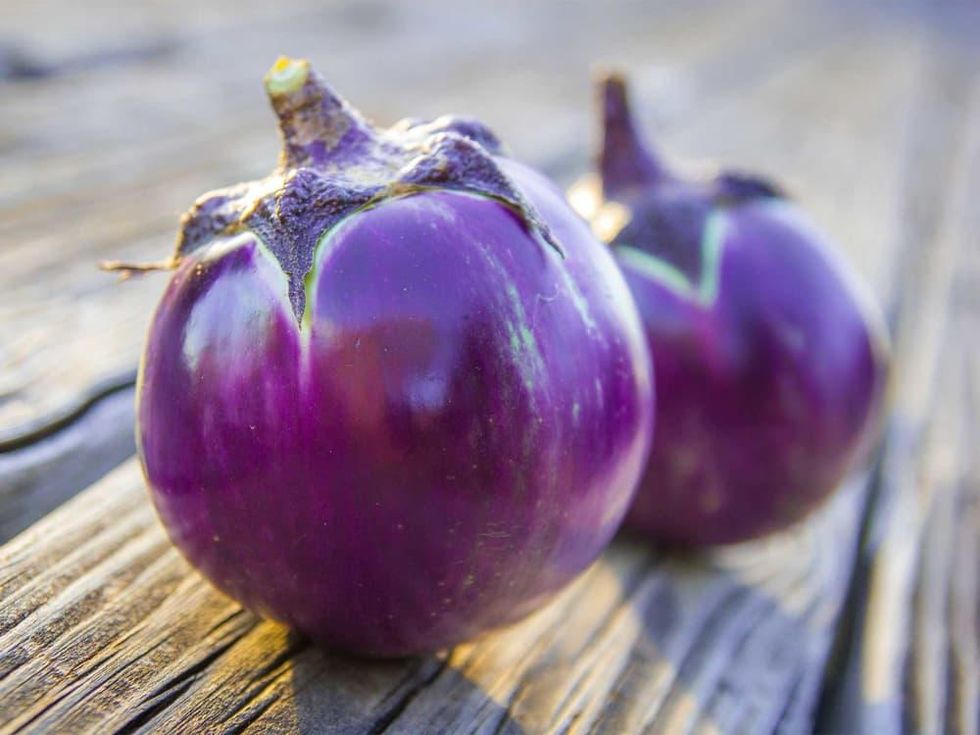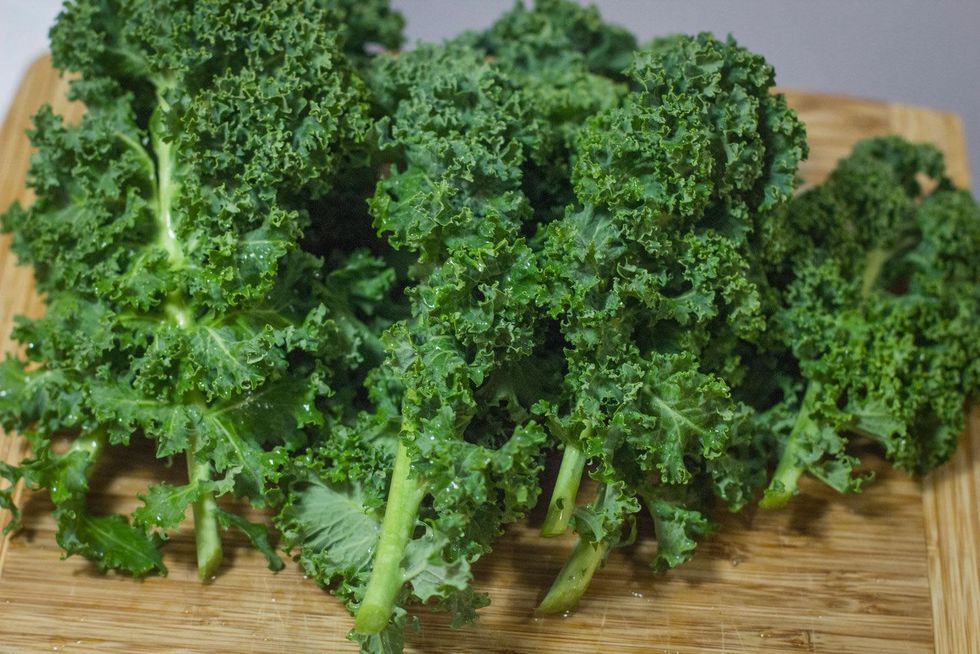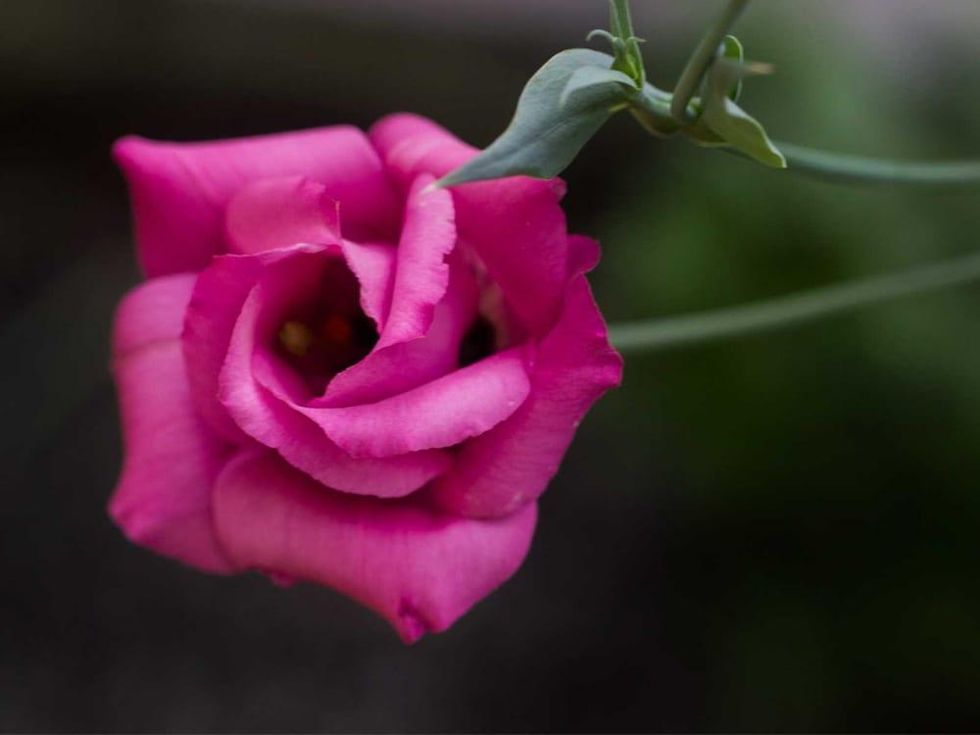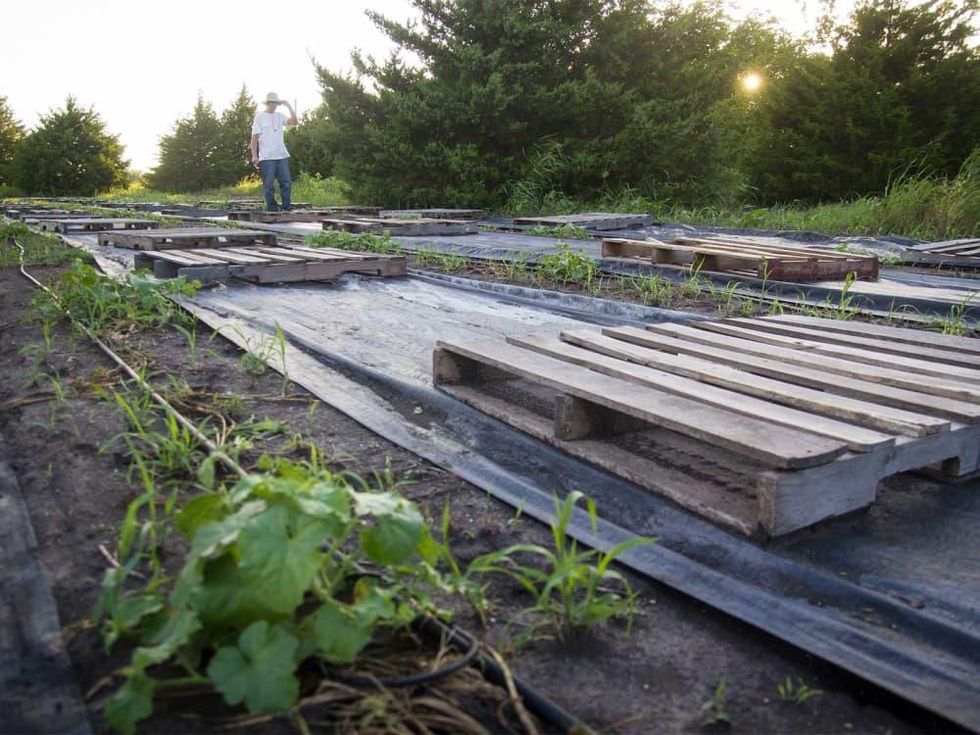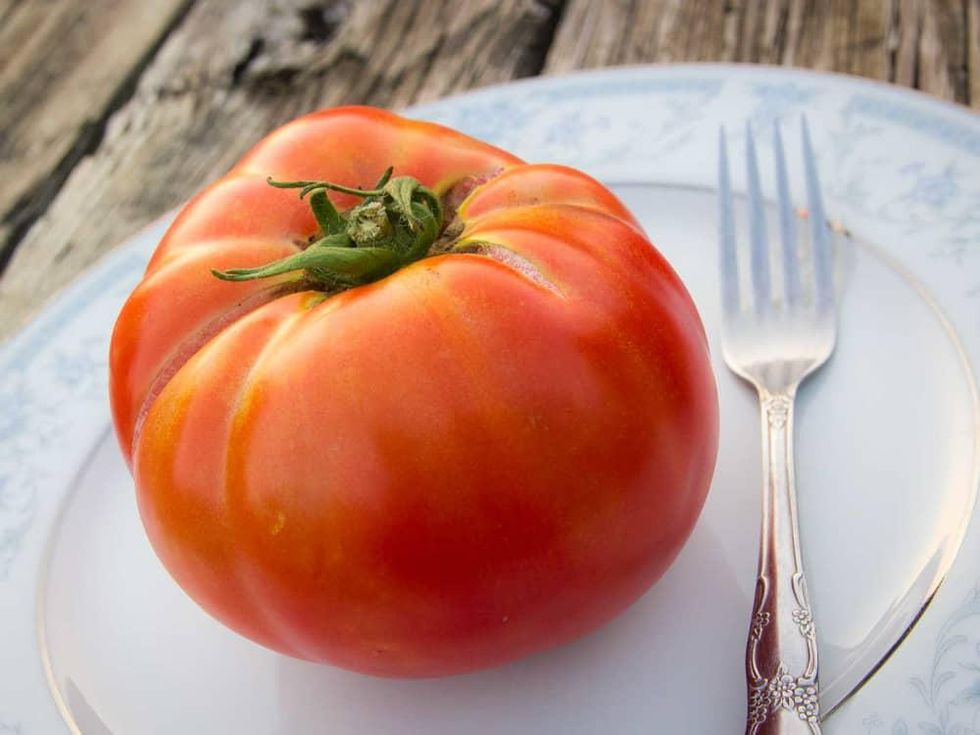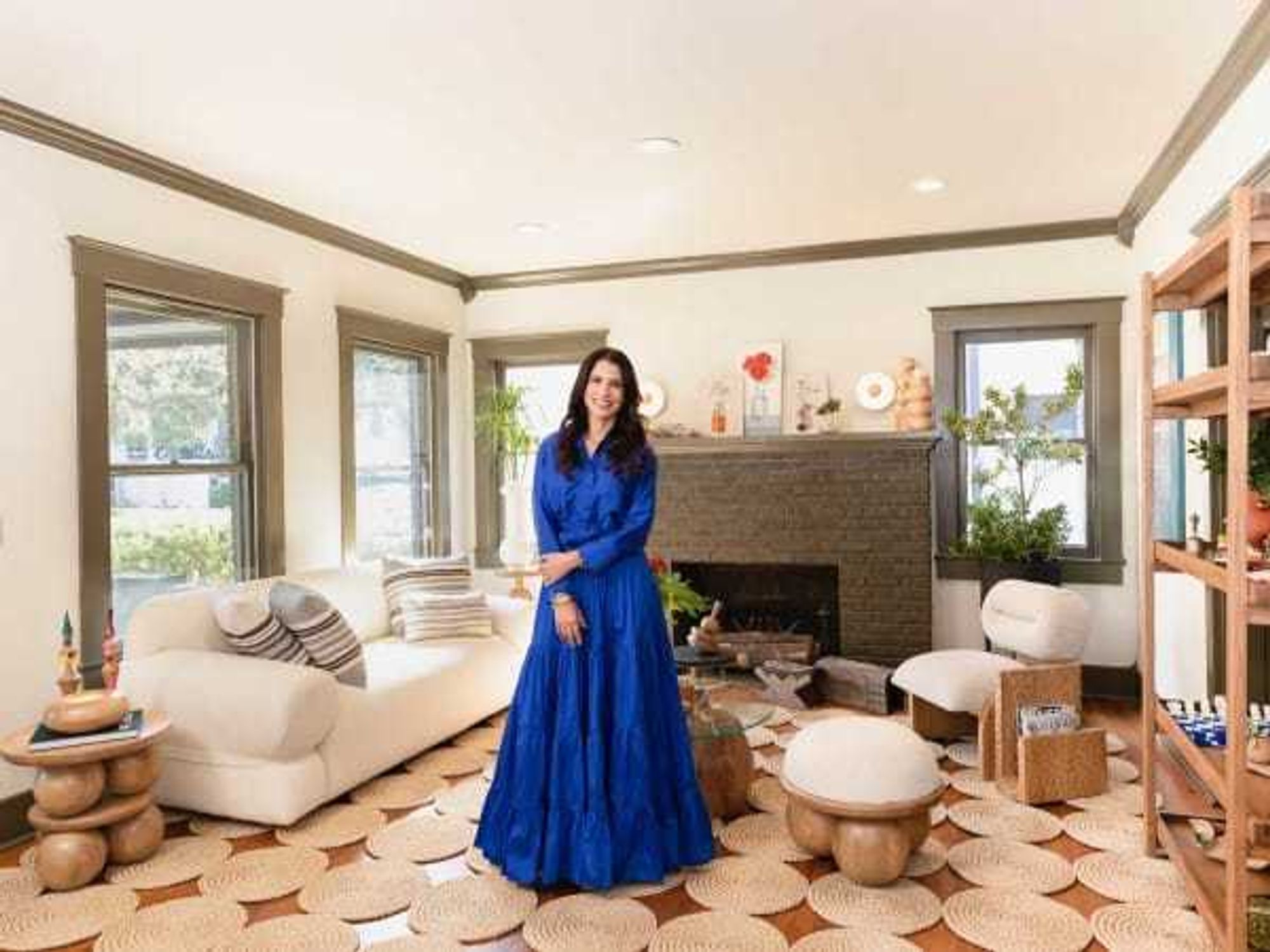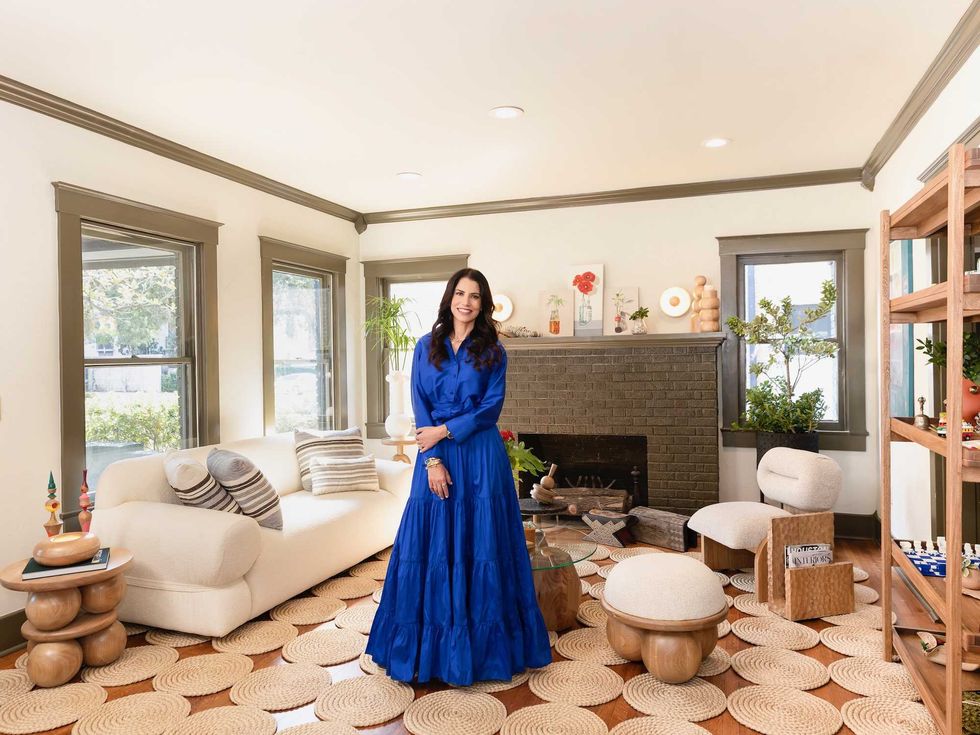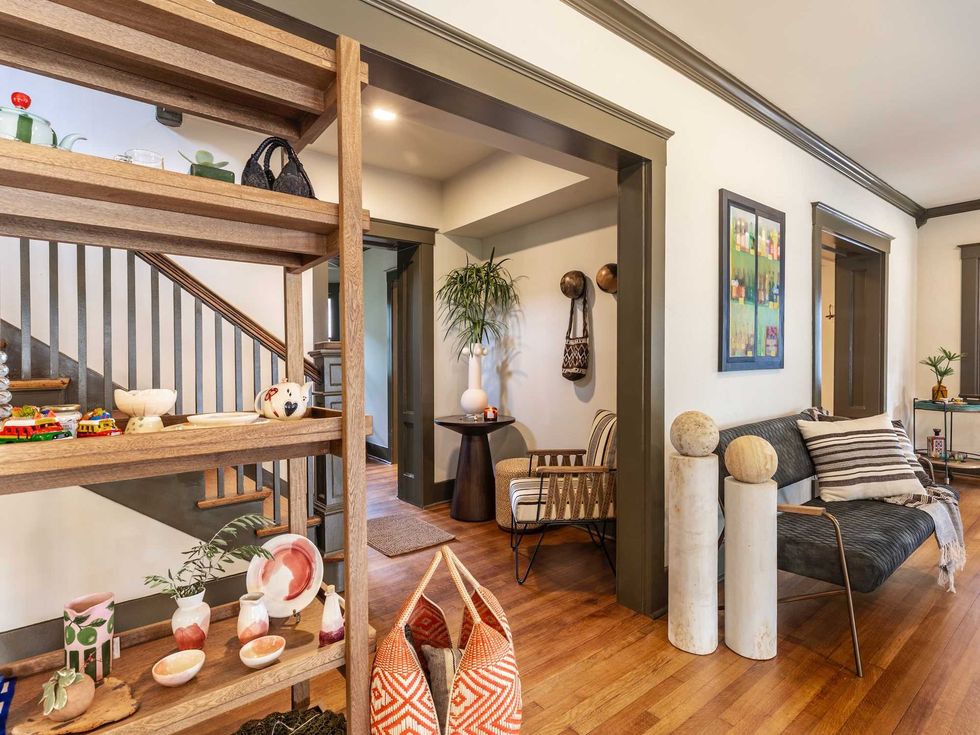The Farmer Diaries
Texas farmer counts 5 surprising lessons learned from growing his own food
It's been seven years since I began to grow my own food, and the venture has had a profound effect on my life. It has changed my physical endurance, my diet, how I garden, and my future aspirations. As the 2015 growing season draws to a close, I'm pausing to remember them, as I plot a new course in my career and life.
I improved physically
Before I began gardening, I was tied to my computer-based job for 8 to 10 hours a day. I would take a daily walk with my wife. But even two-mile treks weren't enough to offset the damage a nearly sedentary life was wreaking on my body.
I wasn't obese, but my body mass index was at the top of my tolerable recommendation, and my upper body strength was abysmal.
Having fallen into such a state discouraged me from tackling projects around the house. Everything seemed to require too much exertion, so I did nothing.
When I started gardening, the short bursts of digging in the spring built up my strength. The season-long task of weeding garden beds kept my arms active. Pushing around a wheel barrow provided a workout.
Soon, building small structures seemed doable, and I stopped feeling discouraged from doing things based on the amount of exertion it would require.
I'm now a fit person for my age. My weight is good and stays steady and, although I'm a decade older, my endurance is better than before I started gardening.
My diet improved
I wasn't exactly addicted to junk food before I started gardening, but it was common for lunch or dinner to pop something prepackaged in the microwave.
After reading up on health and diet, I realized that I needed more greens. The bounty of Swiss chard, kale, collard greens, tomatoes, squash, and cucumbers coming from my garden changed the way I see dinner permanently. How can a person surrounded by cheap, nutritious food not want to take advantage of the supply as often as possible?
Now for every dinner, my wife and I cook up a huge portion of vegetables. Sometimes it's eggplant with tomatoes; other times it's squash and okra, or zucchini and onions. Kale or collard greens are staples. Coming up this year will be sweet potatoes, and winter peas. There's even the rare artichoke, straight from the garden.
Growing my own vegetables has also expanded my diet. I've eaten things I'd never have bought at the store.
I moved past the "natural" myth
Growing can make you feel like you're getting close to nature, but it's a wholly unnatural act. Whether a small garden or a huge monocrop of wheat, we're invading an ecosystem, clearing off the native plants and animals, and replacing them with our own, highly bred exotic species.
Why this was important for me to conclude is that prior to this realization, I tried to garden "naturally." What the exact definition of natural was, I couldn't say. No pesticides was obvious, but other efforts to be natural went astray. I viewed starting transplants indoors as unnatural. I exposed them to frost. I even felt reluctant to water my garden, under the idea that my crops should survive on rainfall.
I eventually moved past the idea of "natural." I began using grow lights and a heater for starting seeds indoors, to get a head start on the season. I learned that I needed a watering schedule, and that locating crops for easy access to water was a necessity.
I also learned that nowhere but a few places where volcanoes have been active in the last few centuries does the soil possess enough nutrients to sustain farming for more than four years. Therefore, amending the soil and building it up with nutrients is mandatory. Adding phosphorous, magnesium, and sulfur to a garden bed isn't natural, but it is beneficial to a crop.
As to pesticides, I came to understand that naturally-derived products harm bees and butterflies as well as the synthetic ones. "Natural" doesn't always mean it's good.
I embraced science
When I thought I was gardening the natural way, I sought out open-pollinated seed and eschewed hybrids. I thought of open-pollinated seed as what nature intended.
But with a few exceptions, everything we eat bears little resemblance to the plant it came from. The ancestor to apples is a bitter, berry-sized, hard fruit. The Victorians had no watermelons, only a citron melon nowhere as large or sweet. What we cultivate in our gardens are all so-called cultivars, bred over centuries by farmers seeking bigger, tastier, more-productive produce.
I began trying out a few hybrids, and now I can grow tomatoes that will fill a sandwich with just one slice. Hybrid cucumbers grow in my greenhouse all winter long, with no need for bees to pollinate them. Hybrids have been bred for specific purposes, usually productivity or disease resistance, that you miss out when you stick to one kind of crop.
These are not genetically engineered crops. A natural form of hybridization happens all the time among grasses and wildflowers; without hybridization, we wouldn't have the plant that led to the breeding of corn.
I'm no longer convinced that the best way to build up soil nutrients is to throw natural products into the dirt. I've become acquainted with a sustainable agriculture product that starts with soy but puts it through a synthetic process that makes it capable of fertilizing far more acreage than composting. I would use this with no breech of conscience.
And for hydroponic crop production, the mineral salts that contaminate soil and water supplies when used in a garden or farm field turn out to be harmless in a closed-loop, indoor environment. In a hydroponic system, they help us to use less land and water to grow the same amount of food, which in turn helps us to conserve resources and protect natural habitats that would be converted into farmland.
In these ways, I've concluded that science is good, and embracing its advantages will help me to grow better.
I became more self confident
From planting out a few hundred onion slips and seeing them ready to plate a few months later, to growing a citrus tree in a container and seeing it branch out with blooms and tiny fruit, growing things gives me a sense that I know how to do something, and I'm not too shabby at it either. Everyone needs to have that feeling about something.
The future
Now that I've spent a few years growing my own food, I've decided to move past my experiment of growing everything I eat. I've gone back to buying produce at the grocery store to replace what I haven't sown, and my uneasiness about doing so is subsiding.
In the coming year, I hope to transform my hobby into an occupation. To do this, I must focus on one or two crops I'm most skilled at growing, or maybe grow what is in demand. I haven't decided yet.
I enjoy growing, whether it's in a field, greenhouse, or a grow room with nothing but artificial lights. Producing something people want to buy, eat, and enjoy gives me satisfaction. To know that I'm meeting a basic human need in a way that's stepping on the earth as lightly as possible is what drives me to take this endeavor as far as I can.
